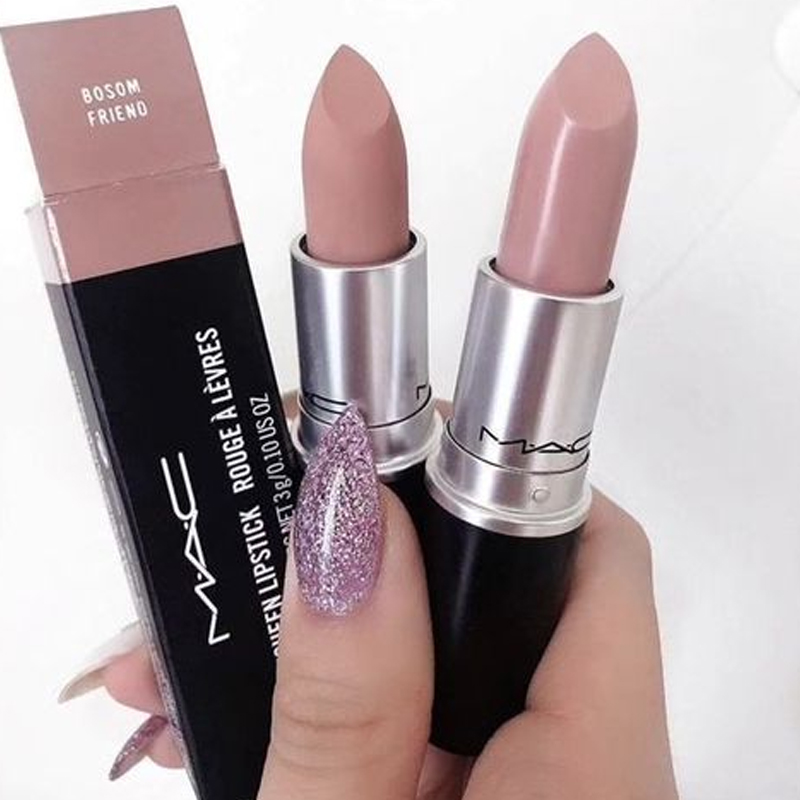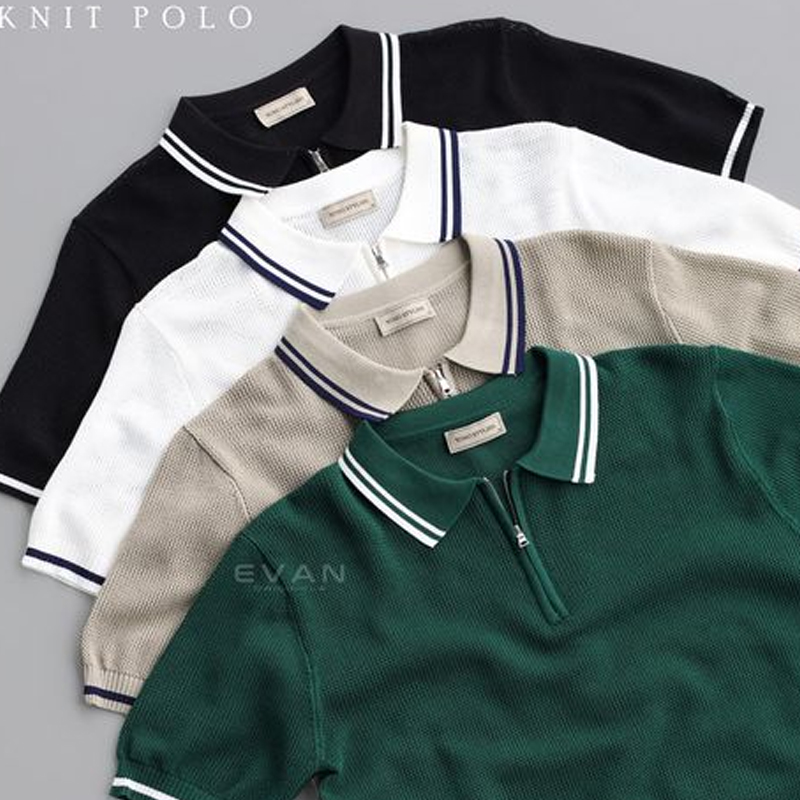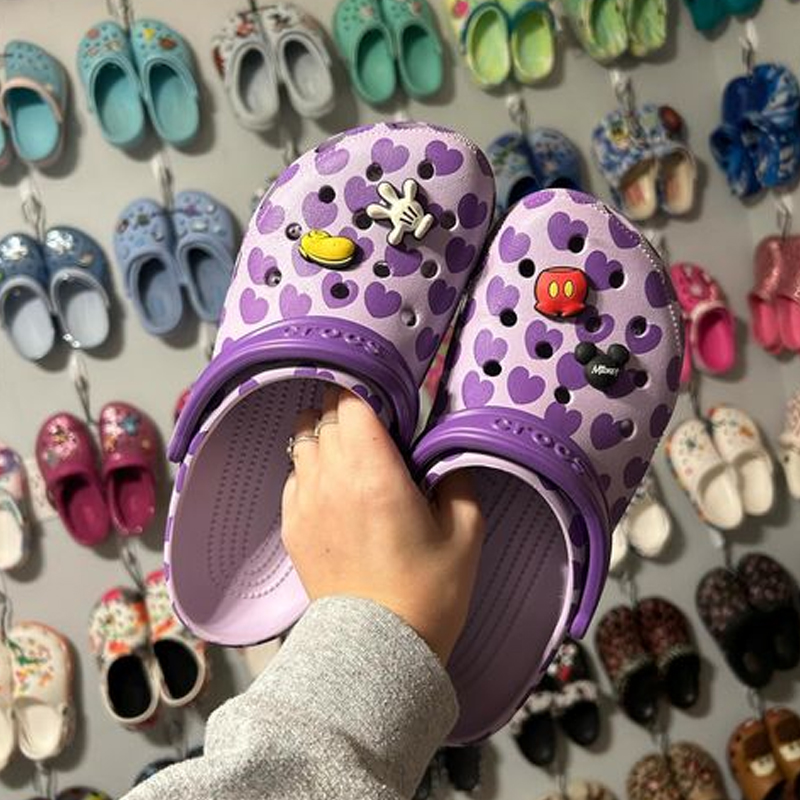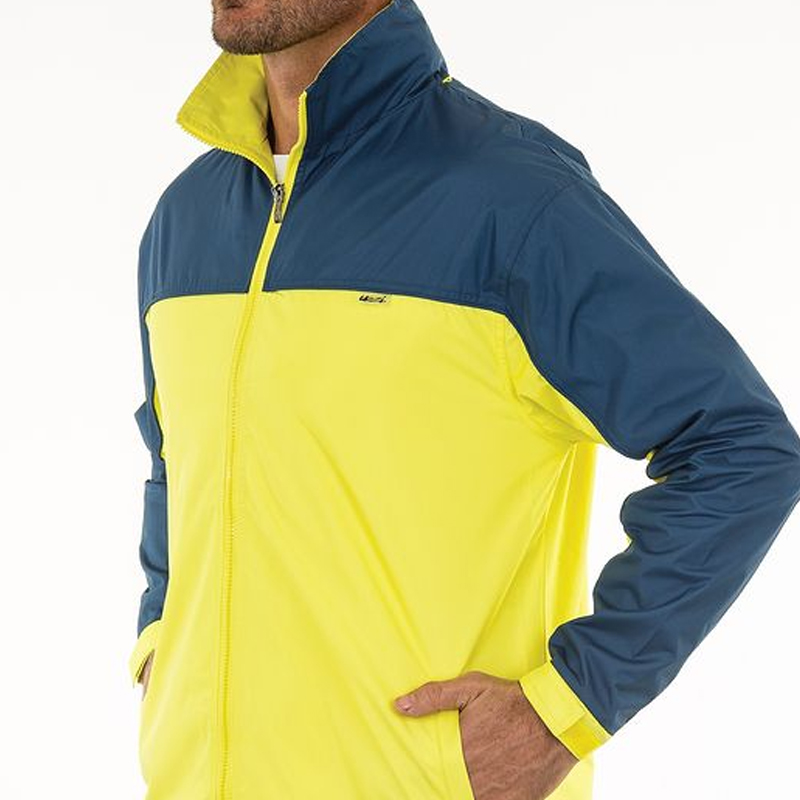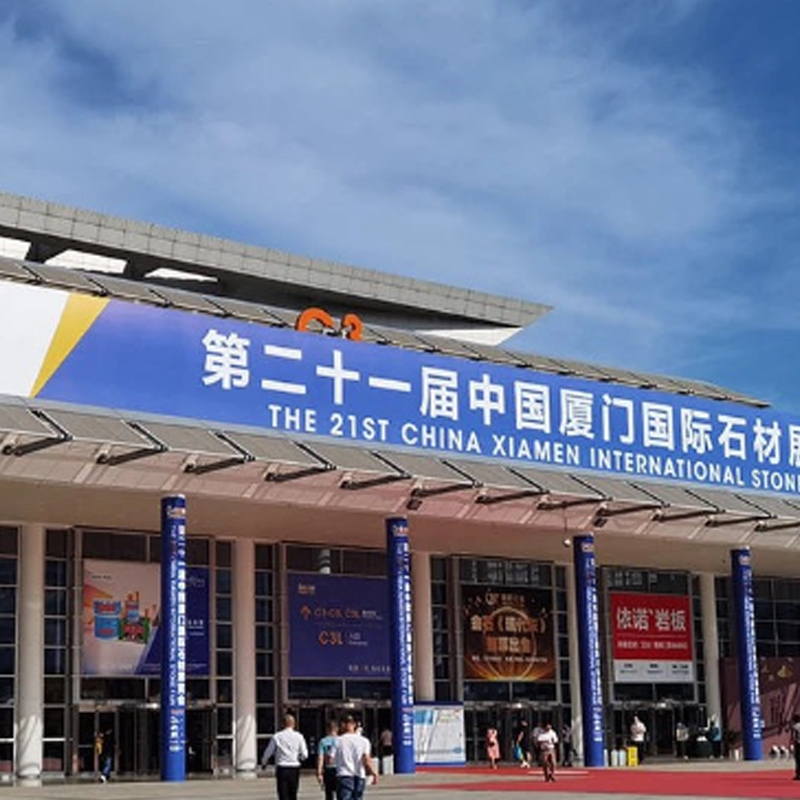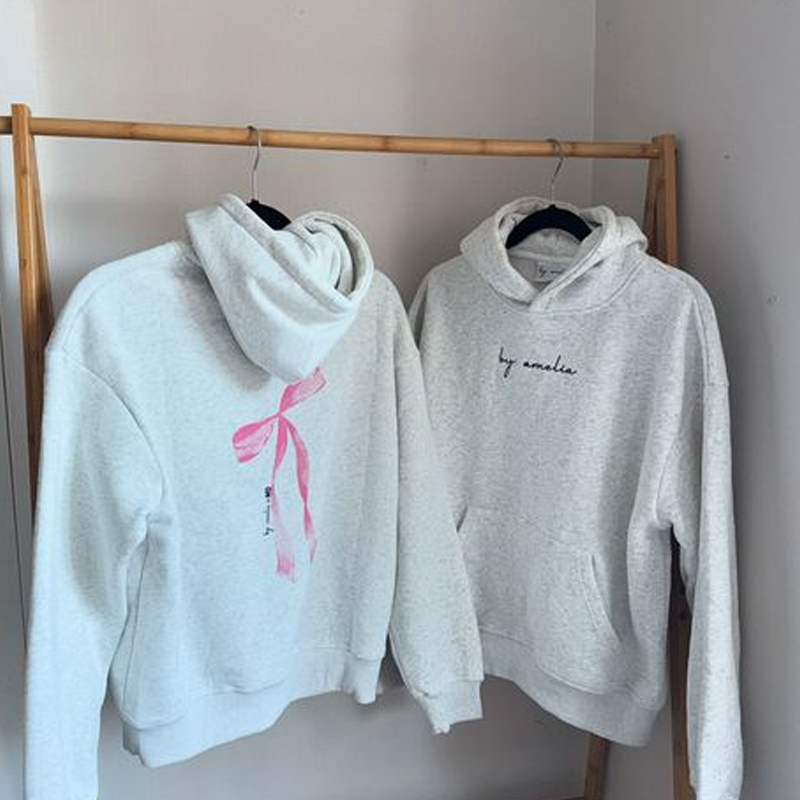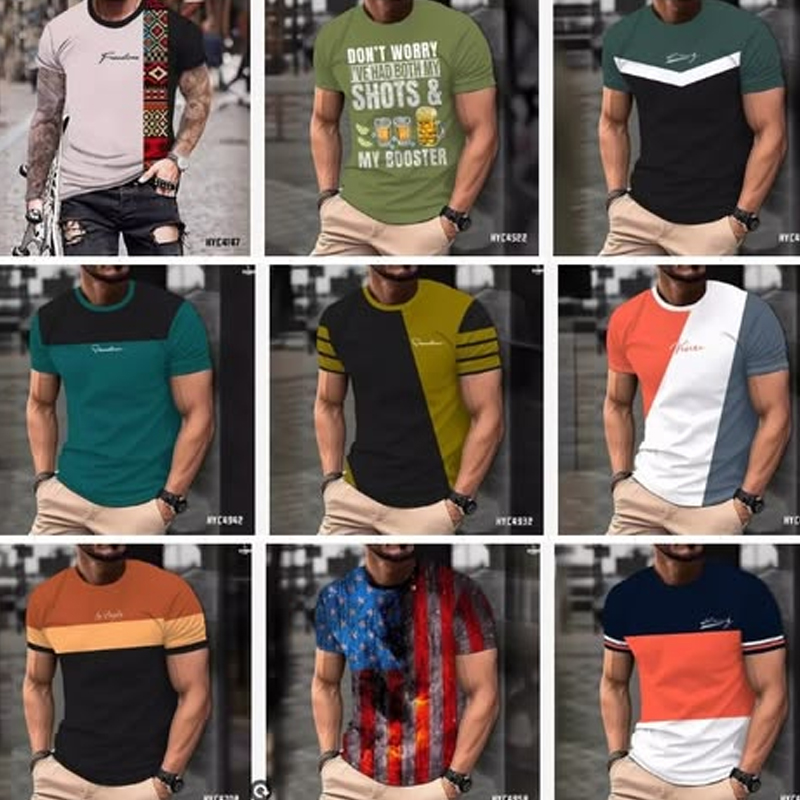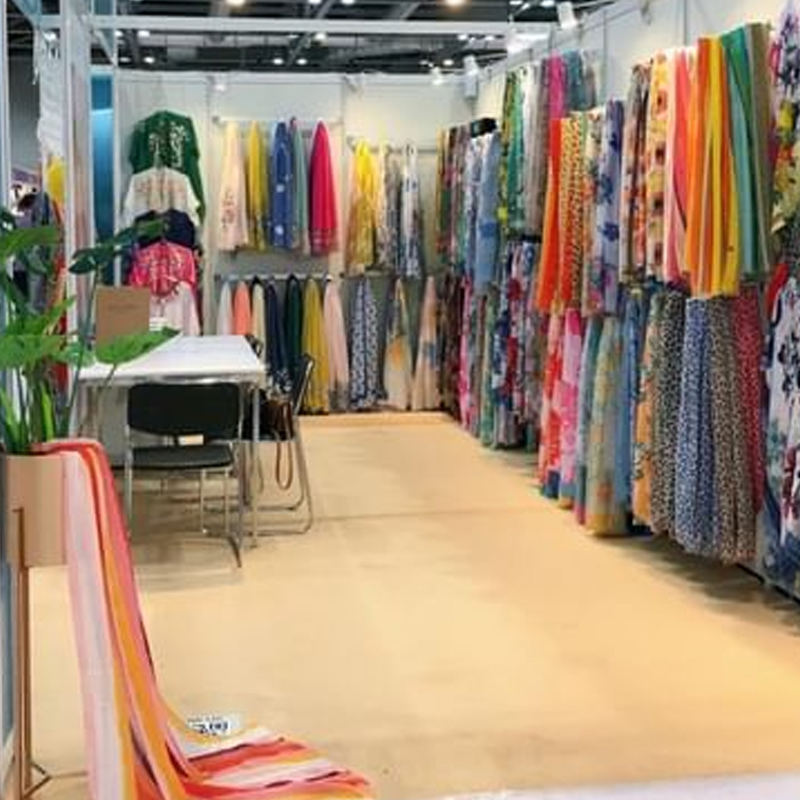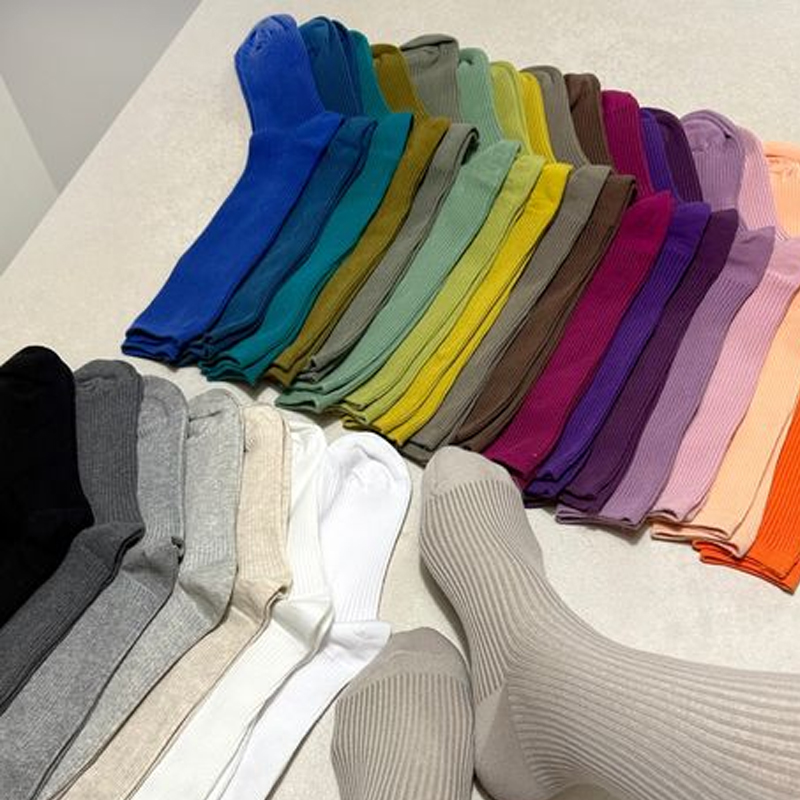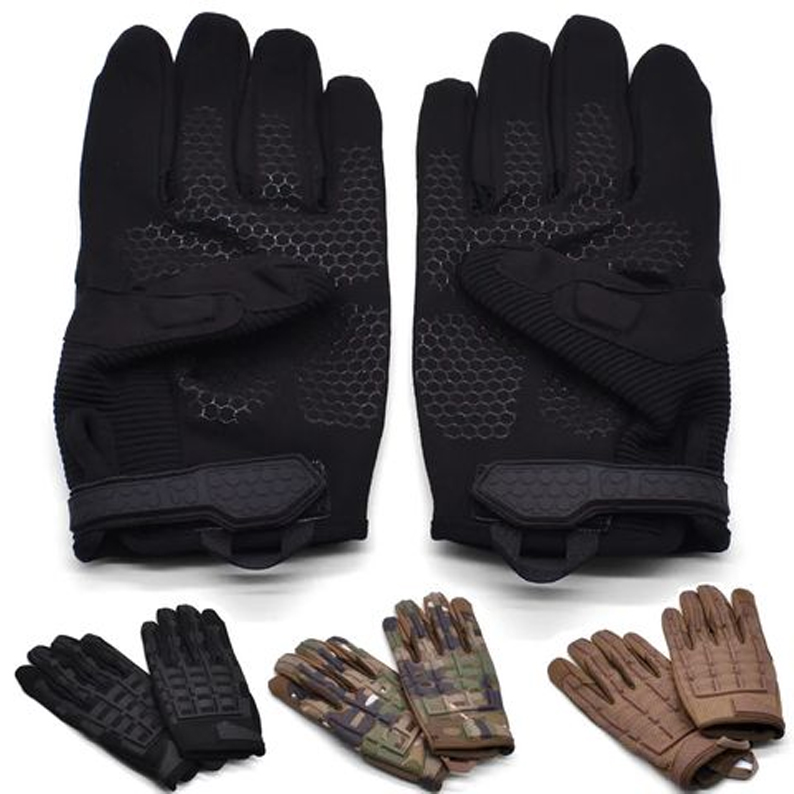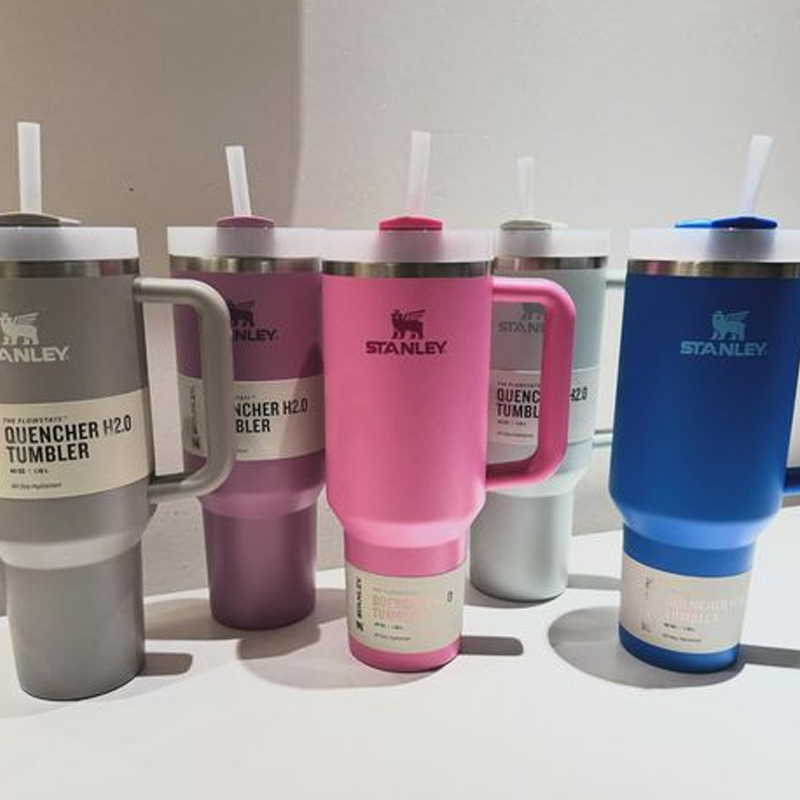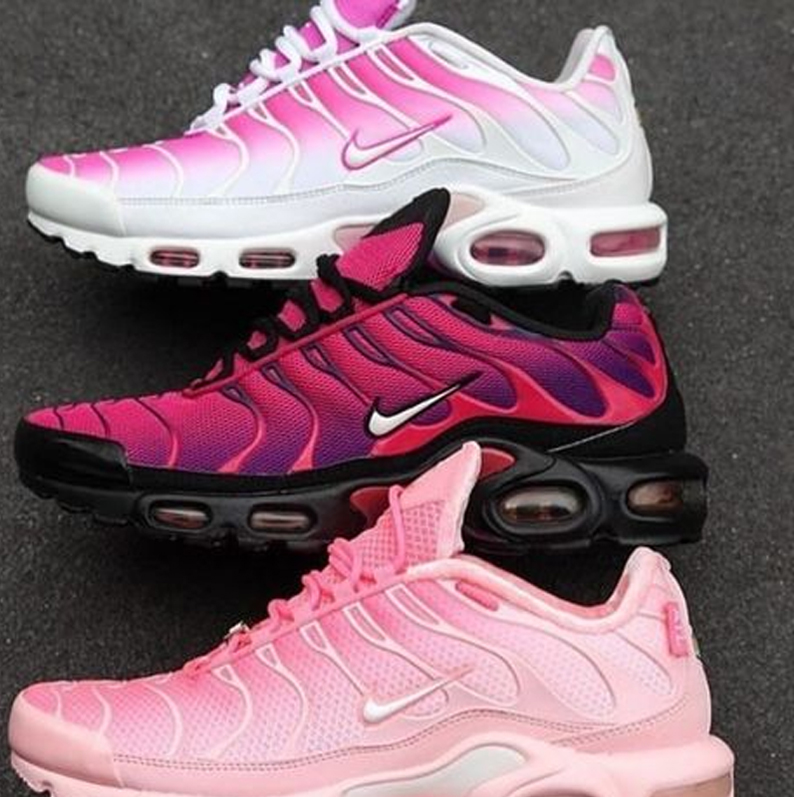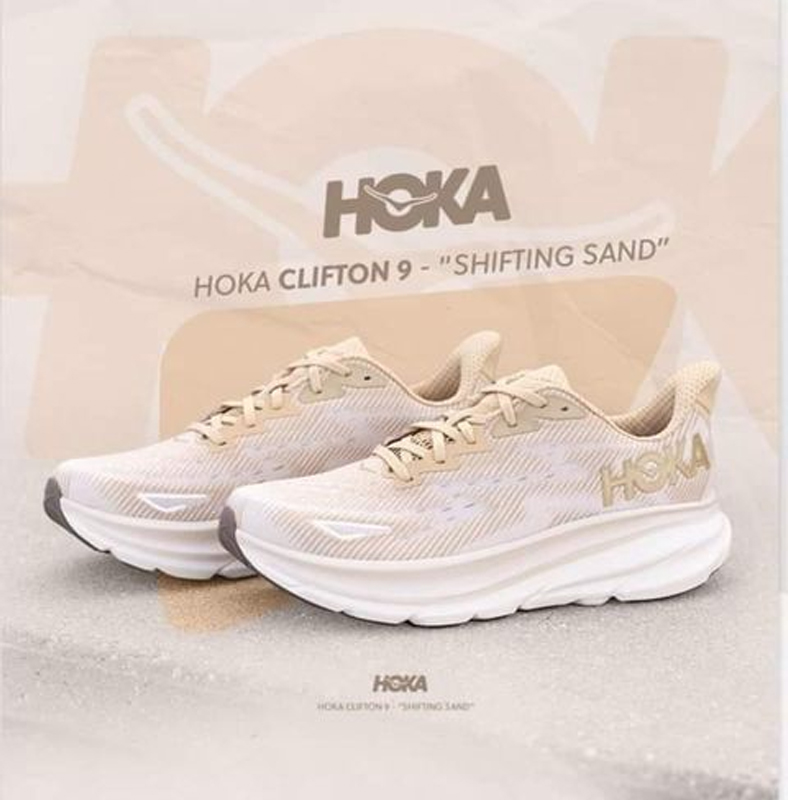Are you ready to take your fashion brand to the next level? This comprehensive guide to private label apparel will show you how to leverage custom clothing to create a unique brand identity, stay on top of fashion trends, and dominate your target market. From working with clothing manufacturers to perfecting your product development process, we’ll cover everything you need to know to succeed in the competitive world of private label fashion.
Key Takeaways: Launching Your Private Label Clothing Brand
As we’ve explored in this guide, launching a successful private label clothing brand requires careful planning and execution. Here are the key points to remember:
- Choose the right clothing manufacturers to ensure quality and reliability
- Develop a strong brand identity to stand out in the market
- Stay ahead of fashion trends to keep your offerings fresh and relevant
- Implement strict quality control measures to maintain product standards
- Craft a pricing strategy that balances profitability with market competitiveness
- Master supply chain management to optimize operations
- Understand your target market to create products that resonate with customers
By following these guidelines, you’ll be well on your way to building a thriving private label clothing brand.
Why Private Label Clothing is Your Ticket to Fashion Success
Private label clothing offers a world of opportunities for aspiring fashion entrepreneurs and established brands alike. By creating custom clothing with your unique designs and branding, you can:
- Stand out in a crowded market
- Build a loyal customer base
- Control your product quality and pricing
- Increase profit margins
- Adapt quickly to changing fashion trends
In this guide, we’ll explore the ins and outs of private label apparel, giving you the knowledge and tools you need to launch or expand your fashion brand successfully.
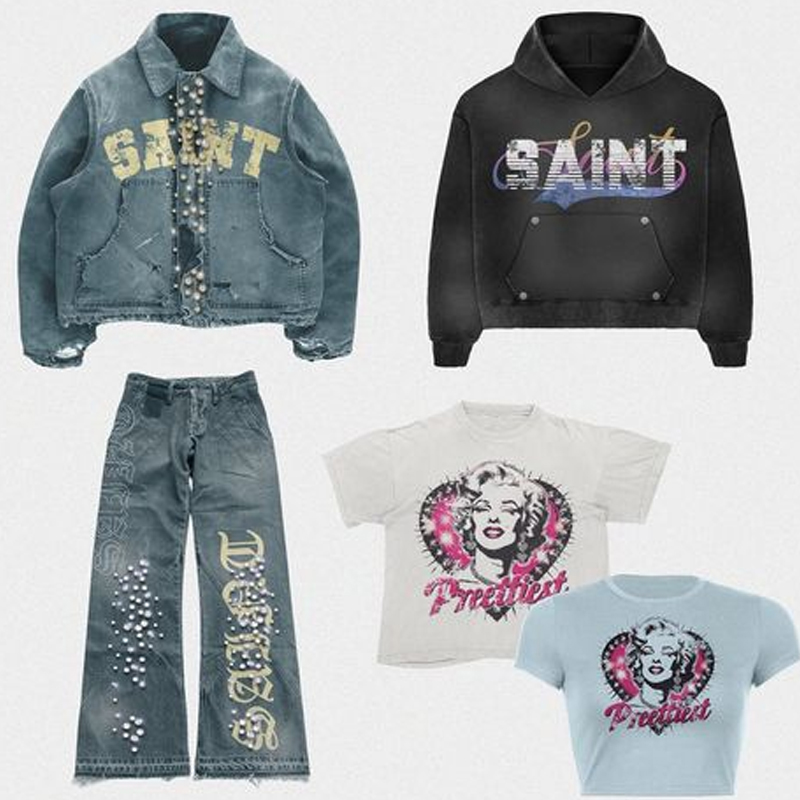
What Exactly is Private Label Clothing?
Private label clothing refers to garments that are designed and branded by one company but manufactured by another. This allows fashion brands to create unique products without the need for their own production facilities. Here’s what you need to know:
- You design the clothing and create the brand
- A clothing manufacturer produces the garments to your specifications
- The finished products bear your brand name and logo
This model offers flexibility and scalability, making it an attractive option for both startups and established fashion brands looking to expand their product lines.
How to Choose the Right Clothing Manufacturers for Your Brand
Selecting the right clothing manufacturer is crucial to the success of your private label brand. Consider the following factors when making your decision:
- Production capabilities: Ensure the manufacturer can handle your desired volume and product types.
- Quality control: Look for manufacturers with robust quality assurance processes.
- Pricing: Compare quotes from multiple manufacturers to find competitive rates.
- Minimum order quantities (MOQs): Choose a manufacturer whose MOQs align with your production needs.
- Communication: Opt for manufacturers who are responsive and easy to work with.
Remember, your relationship with your clothing manufacturer will be a key factor in your brand’s success, so choose wisely!
Developing Your Brand Identity: The Key to Standing Out in the Fashion World
A strong brand identity is essential for success in the competitive fashion industry. Here are some tips for developing a memorable brand:
- Define your brand’s mission and values
- Create a unique visual identity, including logo and color scheme
- Develop a consistent brand voice for all communications
- Use branding techniques like custom labels and packaging design
Remember, your brand identity should resonate with your target market and set you apart from the competition. Don’t be afraid to be bold and authentic!
How to Stay Ahead of Fashion Trends in Your Private Label Clothing Line
Keeping up with fashion trends is crucial for any clothing brand. Here’s how to stay ahead of the curve:
- Follow fashion influencers and industry publications
- Attend trade shows and fashion weeks
- Analyze sales data to identify emerging trends
- Conduct regular customer surveys for feedback
- Experiment with small batches of trendy items before committing to large production runs
By staying on top of trends, you can ensure your private label clothing line remains relevant and appealing to your target market.
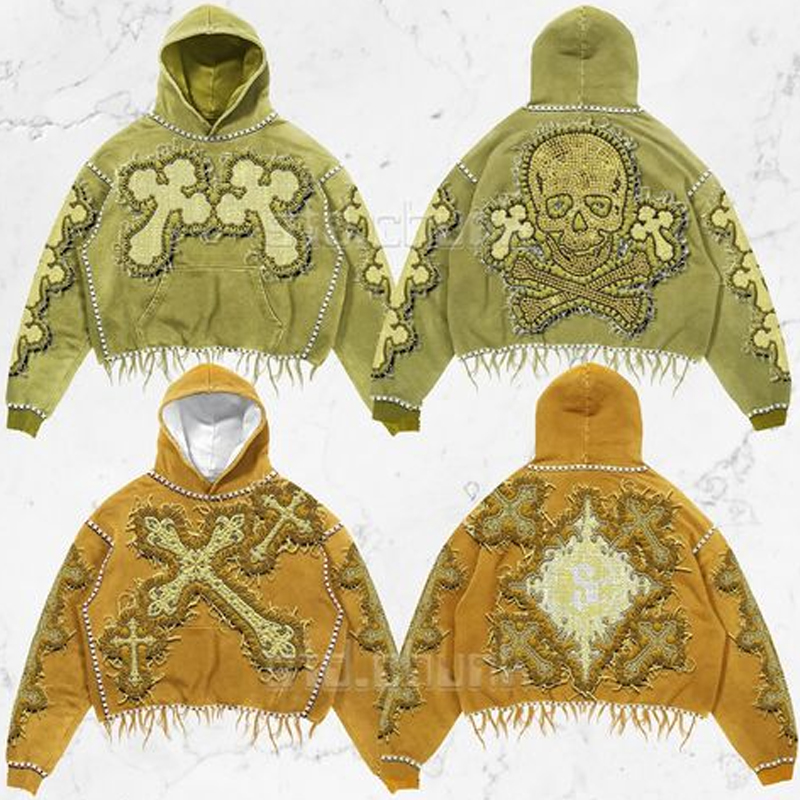
The Importance of Quality Control in Private Label Apparel
Maintaining high quality standards is essential for building a reputable private label clothing brand. Implement these quality control measures:
- Establish clear quality standards and communicate them to your manufacturer
- Conduct regular factory audits
- Implement a thorough inspection process for incoming materials and finished products
- Use third-party quality control services for unbiased assessments
- Address quality issues promptly and decisively
Remember, consistent quality is key to customer satisfaction and brand loyalty.
Crafting a Winning Pricing Strategy for Your Custom Clothing Line
Developing an effective pricing strategy is crucial for the success of your private label clothing brand. Consider these factors:
- Production costs, including materials and labor
- Overhead expenses, such as marketing and distribution
- Competitor pricing
- Perceived value of your brand
- Target profit margins
Experiment with different pricing models, such as premium pricing for luxury items or penetration pricing for new market entry. Remember to regularly review and adjust your pricing strategy based on market conditions and brand performance.
Mastering Supply Chain Management for Private Label Clothing
Efficient supply chain management is crucial for the success of your private label clothing brand. Here are some key considerations:
- Sourcing materials: Establish relationships with reliable suppliers for fabrics and trims.
- Production planning: Develop a production schedule that aligns with your sales forecasts and seasonal collections.
- Inventory management: Implement a system to track stock levels and prevent overstock or stockouts.
- Logistics: Choose reliable shipping partners to ensure timely delivery to your customers.
- Technology: Utilize supply chain management software to streamline operations and improve efficiency.
A well-managed supply chain can help reduce costs, improve product quality, and enhance customer satisfaction.
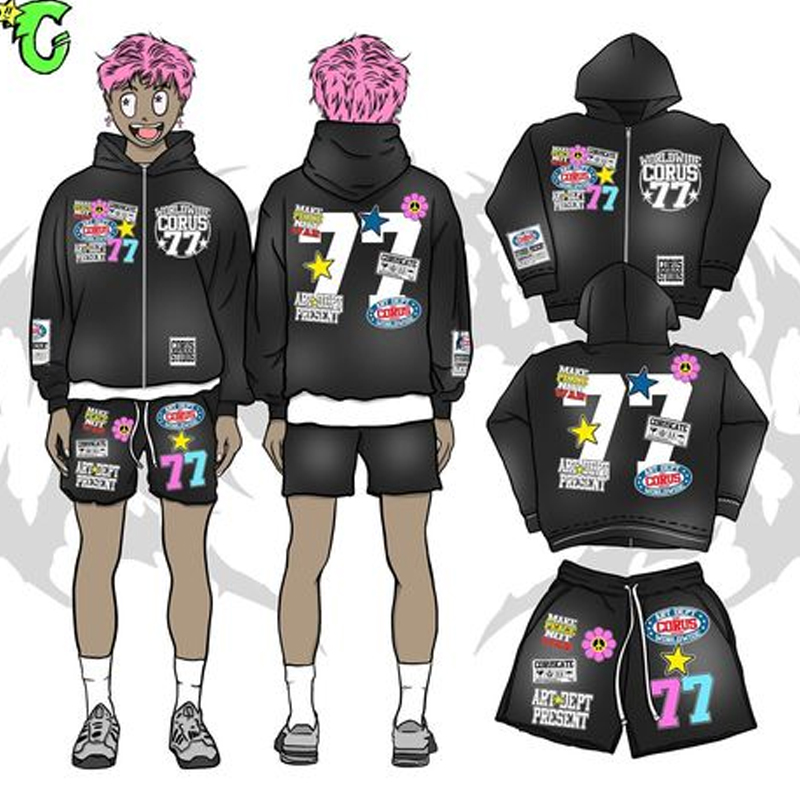
Understanding Your Target Market: The Foundation of a Successful Fashion Brand
Knowing your target market is essential for creating products that resonate with your audience. Here’s how to gain a deep understanding of your customers:
- Conduct market research to identify demographic and psychographic characteristics
- Create detailed buyer personas to guide product development and marketing efforts
- Analyze customer feedback and purchasing patterns
- Monitor social media conversations and trends within your target market
- Use surveys and focus groups to gather direct insights from potential customers
By tailoring your private label clothing line to your target market’s preferences and needs, you’ll be well-positioned for success.
How BuyFromChinaDirect Can Support Your Private Label Clothing Journey
For those considering Chinese factories as a solution for their private label clothing needs, BuyFromChinaDirect offers invaluable support. Our expertise in sourcing from Chinese manufacturers can help you:
- Find reliable clothing manufacturers that meet your quality and pricing requirements
- Navigate the complexities of international supply chain management
- Ensure consistent product quality through rigorous quality control processes
- Optimize your pricing strategy by leveraging our industry connections
- Stay updated on the latest fashion trends and manufacturing innovations in China
By partnering with BuyFromChinaDirect, you can focus on growing your brand while we handle the intricacies of sourcing and production. Our team’s experience in the fashion industry and deep understanding of the Chinese manufacturing landscape make us the ideal partner for your private label clothing venture.
Remember, success in the private label clothing industry requires a combination of creativity, business acumen, and reliable partnerships. Whether you’re just starting out or looking to expand your existing brand, the strategies and insights shared in this guide will help you navigate the exciting world of private label apparel. With dedication, attention to detail, and the right support, your fashion brand can thrive in this competitive market.


